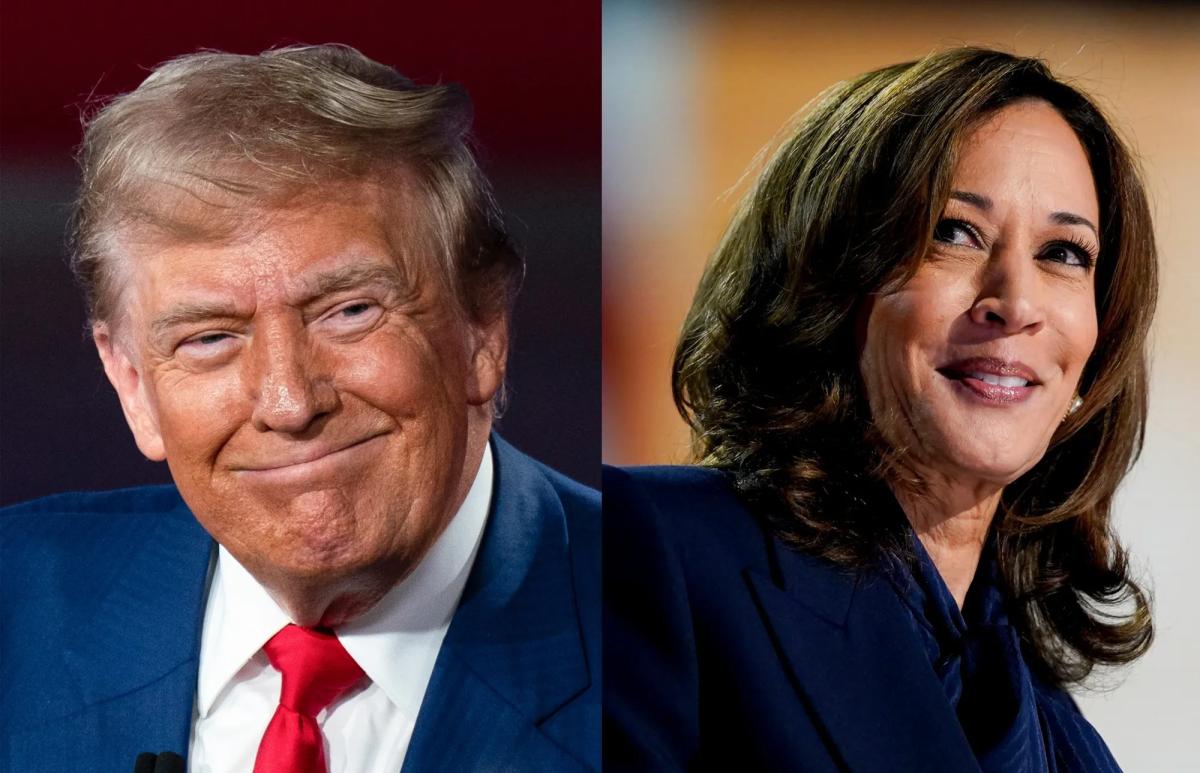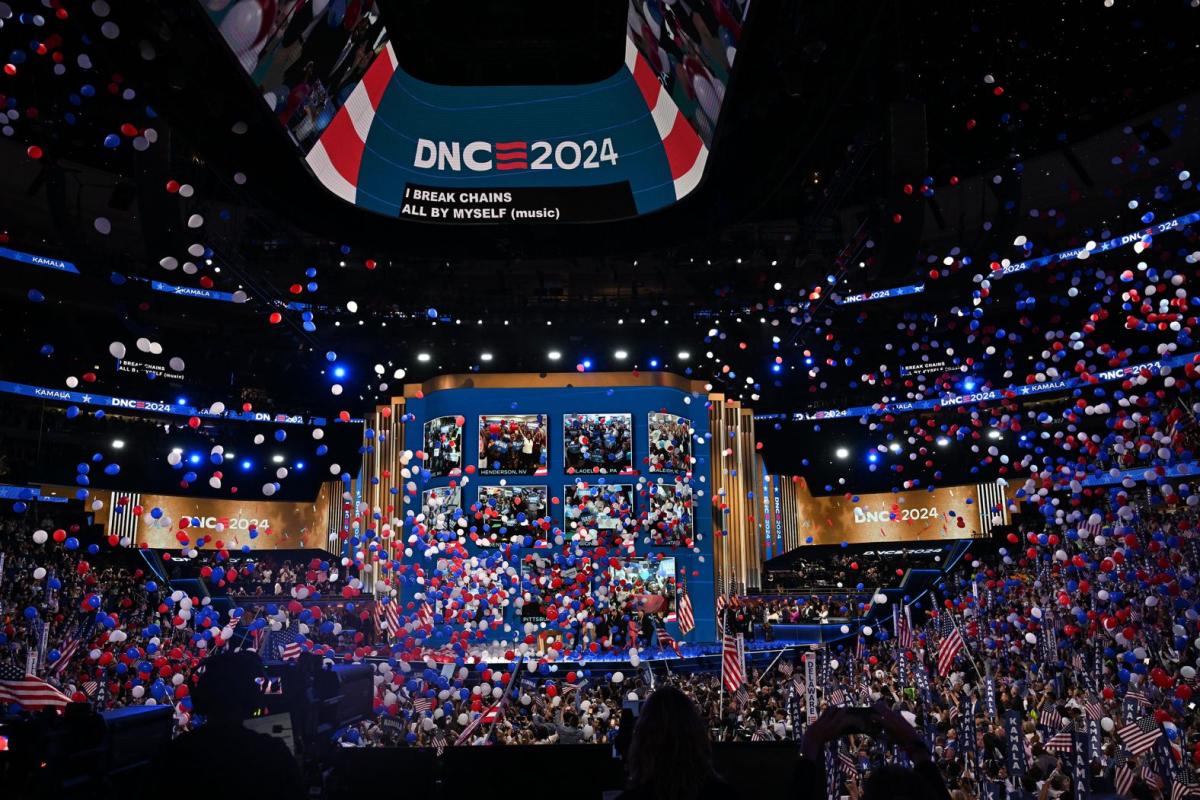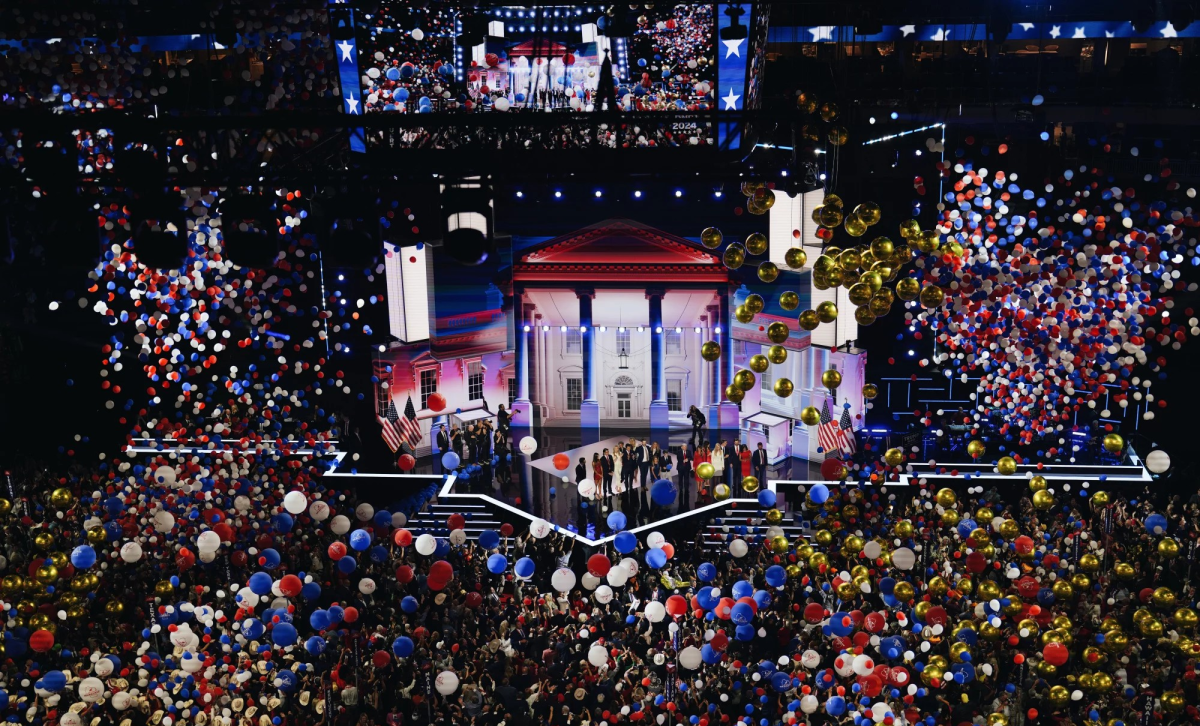Understanding Indonesia’s Incoming President
At a Glance
- Following February’s election, former Minister of Defense Prabowo Subianto has been sworn in as Indonesia’s eighth president. He replaces the outgoing but still highly influential Joko “Jokowi” Widodo.
- Prabowo is expected to carry on Jokowi’s economic and infrastructure legacy, such as the shifting of the capital to Nusantara. This seems to be confirmed by the reappointment of several ministers from Jokowi’s administration in a bloated cabinet.
- Despite promises of pro-business policies and social welfare initiatives, there are concerns that once Prabowo breaks free from Jokowi’s influence, Indonesia’s democracy will spiral.
An eight-month wait for a New Order
On October 20, 2024, Prabowo Subianto was officially sworn in as Indonesia’s eighth president. This comes after February’s election, where Prabowo and his vice presidential running mate, Gibran Rakabuming Raka, won 59% of the votes. Official results from February’s polls met legal challenges from the other two presidential candidates, who claimed systematic fraud and presidential “meddling.” In April, the Constitutional Court promptly threw out these challenges and cemented Prabowo’s win.
The 73-year-old former Minister of Defense comes from a bloodline of political elites and boasts an illustrious military career. His grandfather, Margono Djojohadikusumo, was one of the founding fathers of modern-day Indonesia and founded Bank Negara Indonesia in 1946. Married to President Suharto’s second daughter, Prabowo rose quickly through the military ranks but continues to deal with allegations of human rights violations in East Timor and Papua New Guinea, as well as the abduction of pro-democracy activists in 1997. His foray into politics started with establishing the right-wing nationalist party Gerindra, or the Great Indonesia Movement. Since then, he has participated in every presidential election, even disputing the outcome in 2019 after he lost to former President Joko “Jokowi” Widodo.
Despite their differences, Prabowo’s political career revived when he was appointed Minister of Defense in Jokowi’s administration. He has since reworked his military strongman image into an endearing figure which has charmed the country’s millennials and Gen Zs, who, arguably, are unable to relate to the dark days of his pro-democracy crackdowns.
Prabowo’s journey to the presidential palace has created more questions than assurances for a backsliding democracy. His inauguration speech echoed a commitment to fighting corruption and poverty, building on campaign promises of continuing Jokowi’s policies. Yet, his description of democracy as tiring as well as “very, very messy and costly” spells a potential return to the New Order regime once Jokowi’s influence in the new Prabowo administration wanes. emonial role—then the president-elect will be inaugurated on January 20, 2025.
Jokowi’s legacy lives on for now
Prabowo is now on a tightrope, balancing campaign promises and budgetary constraints with Jokowi’s legacy. Even though Jokowi has been barred from running for a third time, the selection of his eldest son as vice president and the appointment of his political allies are signals that the early days of Prabowo’s decision-making will see resemblances of Jokowi’s.
For a start, the choice of Gibran, Widodo’s eldest child, as his vice president and the legislative exceptions made in the lead-up to the election reflects Jokowi’s attempt to retain influence. Three days prior to the registration for the election, the Constitutional Court made an exception, ruling that candidates under the minimum age of 40 years old were allowed to run for presidency or vice presidency if they previously held an elected regional office position. This paved the way for Gibran, aged 36, to run as vice president.
Prabowo’s Cabinet also sees 17 out of 48 ministers re-appointed from the Jokowi administration. These appointments are seen as a reward to Jokowi for his contributions to Prabowo’s electoral success. However, this has resulted in a bloated Cabinet—Prabowo now has too many decision-makers involved, creating greater bureaucracies and forcing an intensive restructuring of ministries. On the flip side, this may facilitate his future attempt to consolidate power with minimal resistance.
Further, the political appointments follow Prabowo’s campaign promises to continue Jokowi’s economic policies, including the controversial shifting of the country’s capital from Jakarta to Nusantara, rail projects, ensuring food security, and resource nationalism. This puts pressure on the government’s budget to fund existing and new initiatives that Prabowo promised, such as the free school lunch program, expected to cost USD 4.5 billion in the first year.
On foreign policy, Prabowo has indicated that he will be the main face of Indonesia’s foreign engagements, maintaining the country’s long-standing approach of non-alignment amidst increasing geopolitical tensions—especially on issues close to home, such as the South China Sea disputes and the AUKUS nuclear-powered submarine deals made over several official trips to Japan, China, Malaysia, and Singapore. Before taking office, Prabowo possessed a higher level of international awareness as compared to his predecessor and expressed greater readiness to speak out on sensitive issues such as a permanent ceasefire between Palestine and Israel.
However, it is only a matter of time before Prabowo disassociates himself from Jokowi. For Indonesia to become a developed country by 2045, Prabowo will eventually announce ambitious initiatives to fulfill the Asta Cita, his “eight visions” to address Indonesia’s socioeconomic challenges. A consolidation of power within the central government and assertive state intervention would ensure effective governance, akin to a military command-and-control structure that Prabowo is familiar with.
International Businesses: Cautious Optimism
Jokowi’s leadership in transforming Southeast Asia’s largest economy amid global economic uncertainty must be commended. Flagship infrastructure policies exemplify his vision for a developed Indonesia; his defense of the palm oil industry and nationalization of the critical minerals sector cemented Indonesia’s global economic significance. He has laid the foundation for local electric vehicle (EV) production and adoption. Attracting foreign investments was a top priority, and Jokowi established the Indonesia Investment Authority to fulfill that role. The question is: does Prabowo have what it takes to leverage this momentum?
The reappointment of several ministers in key economic-related roles signals Prabowo’s efforts to build on existing policies. Notable reappointments include Sri Mulyani as Finance Minister, Airlangga Hartarto as Coordinating Minister for Economic Affairs, Agus Gumiwang Kartasasmita as Industry Minister, and Rosan Roeslani as Investment Minister. However, expanding the cabinet to 109 members to accommodate Prabowo’s political allies may only hamper interministerial cooperation and policymaking. A closer look reveals a significant number of professionals who are close aides to Prabowo and Jokowi being appointed, which may spur unfair business practices derived from patronage and cronyism.
Prabowo’s ambitious target to achieve 8% economic growth annually starts with a call for fairer wealth distribution across Indonesia. Following which, pro-business interests are on the agenda, including a plan to reduce corporate income tax from 22% to 20% and introduce a tax holiday in lieu of a new global minimum tax rate of 15% on corporations starting next year.
The Indonesian government is expected to continue facilitating a pro-business environment as it positions itself as a viable alternative for a China+1 strategy, competing head-to-head with other Southeast Asian economies such as Vietnam and Thailand. This will build on the momentum of the Omnibus Law—more than 75 current laws related to investment, employment, business licensing, and environmental standards amended to increase the ease of doing business.
International businesses should identify and act on new opportunities to invest locally in Indonesia in the near term, focusing on critical sectors that the government has prioritized, including telecommunications, transportation, energy, infrastructure, agriculture, and manufacturing. Further, as a signatory of multiple free trade agreements, businesses could use Indonesia as a gateway to expand further into Southeast Asia, leveraging Indonesia’s tax incentives, Special Economic Zones, a large young labor force, and an abundance of natural resources to strengthen their regional presence. Be cautious of competition in highly nationalized sectors such as commodities, petroleum, and palm oil.
International businesses are recommended to keep abreast of political developments and maintain good working relationships with Indonesian government agencies, especially those undergoing restructuring or seeing new appointments. Additionally, businesses should closely monitor the economic and pro-business policies that Prabowo’s administration will announce in the next 100 days.
Materials presented by Edelman Global Advisory. For additional information, reach out to Richard.Andrew@EdelmanEGA.com or Daryl.Sim@EdelmanEGA.com



